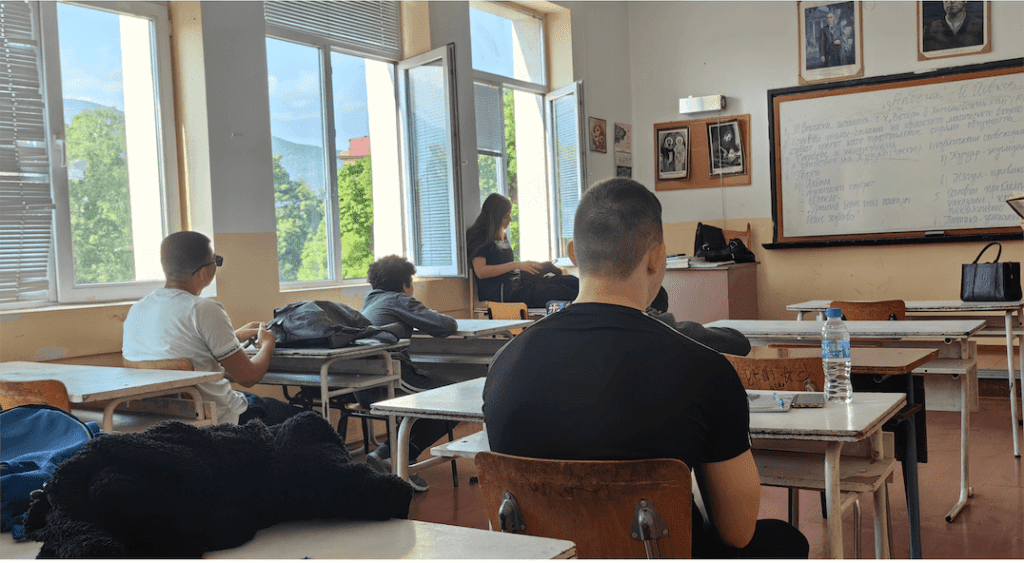There were three types of Successful Educational Actions (SEAs) implemented in different grades:
- In the preschool group, which consisted of nine to eleven of Bulgarian and Roma origin, Reading Buddies (RB) took place on a weekly basis with some occasional disruptions lasting between a week and a month. Eighth Grade students read classical fairy tales to the younger pupils under the guidance of a teacher who asked questions to test their understanding skills, explaining specific words, and inviting the younger children to discuss issues related to friendship, truth and lies, love and hate, good and evil.
- Interactive Groups (IGs) were introduced in elementary school. However, it was rarely utilised as an approach due to a decline in student participation (from 20 to four students after December).
- In Grades 9, 10, and 11 (7th and 8th grades were included at the end of the school year), Dialogical Literary Gatherings (DLGs) were introduced as a way to combine the mandatory school curriculum with classical literature. The classes were organised to revisit or introduce this literature in comparative perspective.
